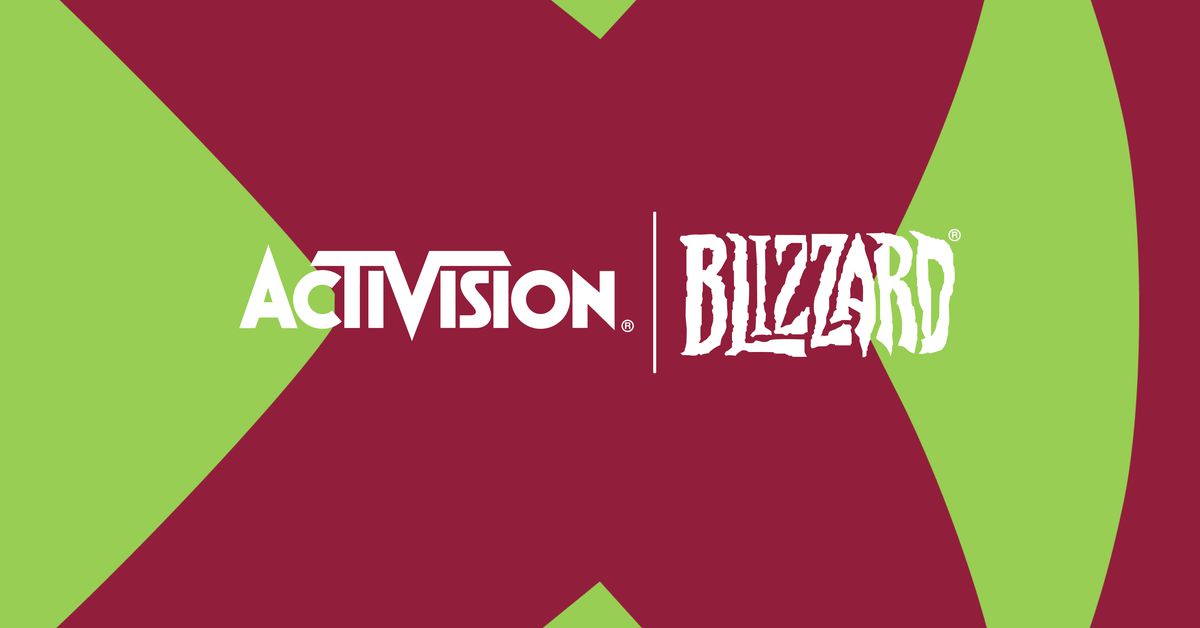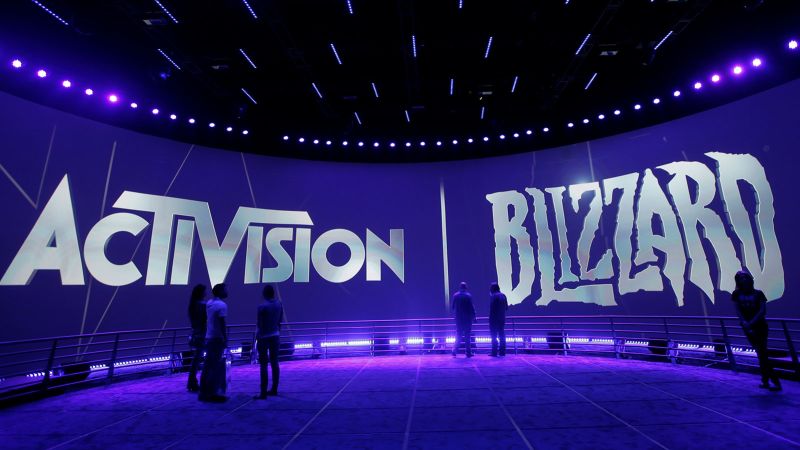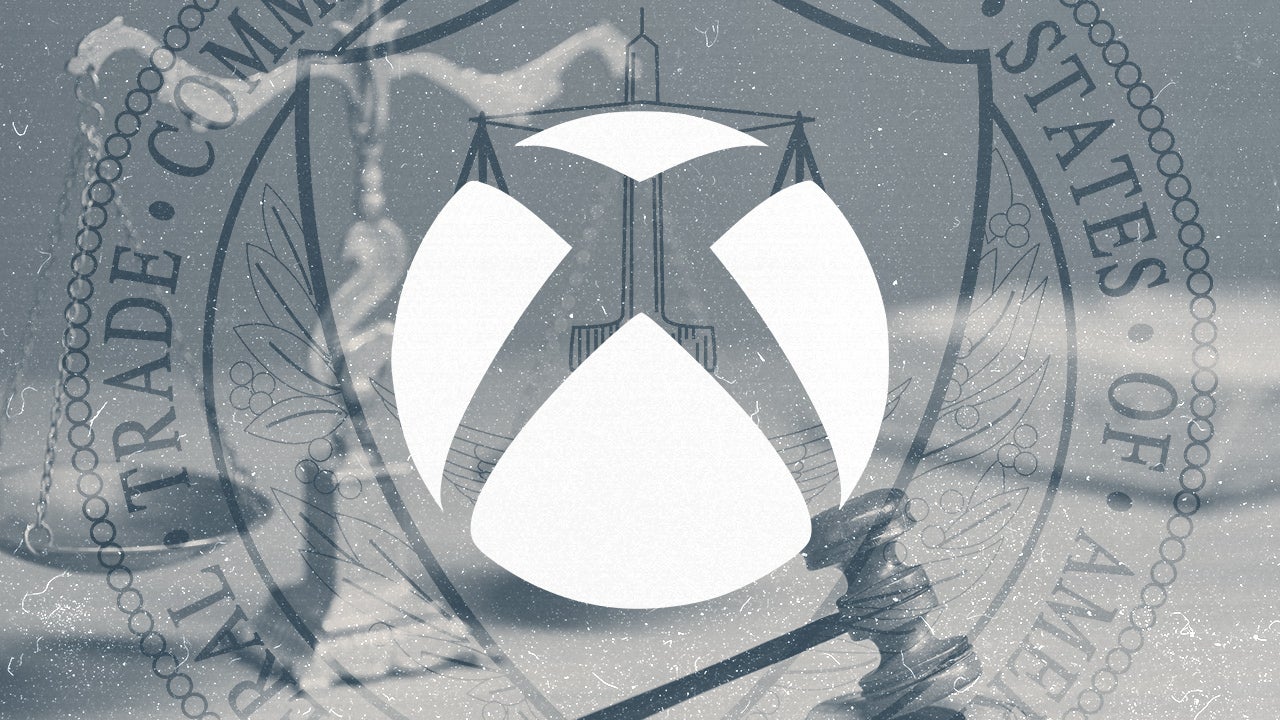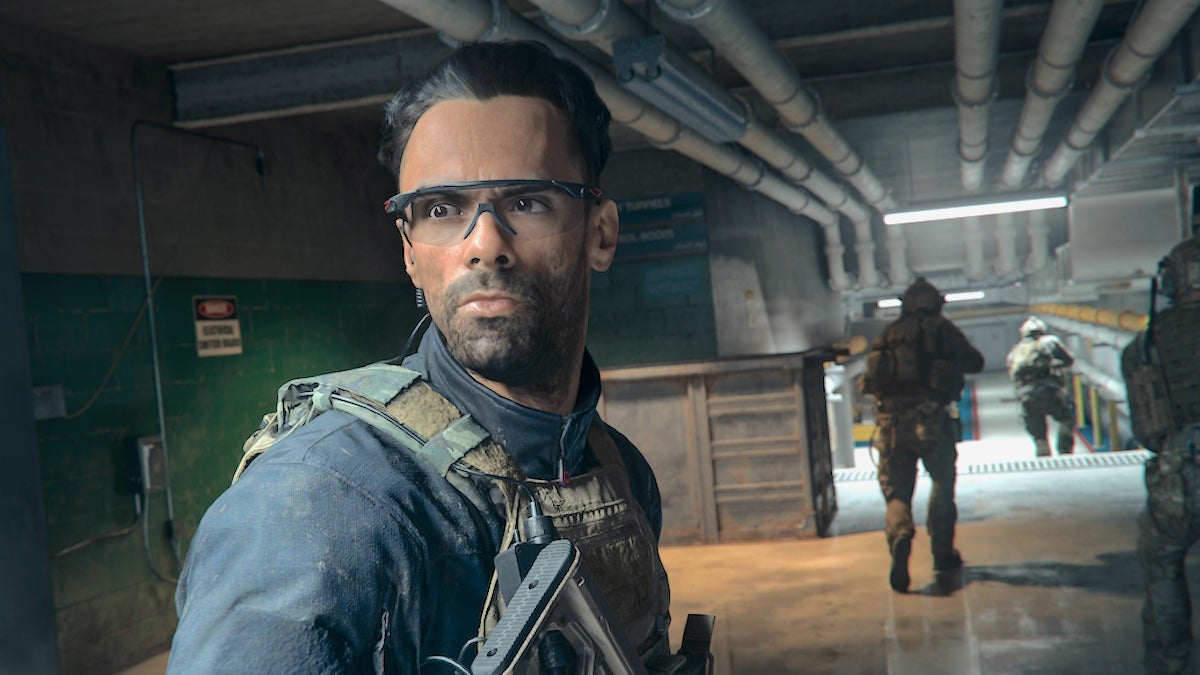FTC Appeals Activision Blizzard Acquisition
In a recent development, the Federal Trade Commission (FTC) has filed an appeal challenging the decision that allows Microsoft to proceed with its proposed acquisition of video game giant Activision Blizzard. Let’s delve into the details and implications of this appeal.
The FTC’s Efforts to Block the Merger

The FTC had previously made efforts to block the $69 billion merger between Microsoft and Activision Blizzard, citing concerns over potential competition harm. The agency alleged that the deal could grant Microsoft exclusive control over major video game titles, such as “Call of Duty,” and limit competition in the market.
Judge’s Decision and FTC’s Appeal
However, US District Judge Jacqueline Scott Corley recently ruled in favor of Microsoft, stating that the government had not provided sufficient evidence to support the assertion that the merger would harm competition or result in the pulling of game titles from other platforms.
Now, the FTC has filed an appeal against this decision, seeking to overturn the ruling and prevent the merger from moving forward.
FTC’s Arguments and Concerns
In its appeal, the FTC reiterates its concerns about the potential anti-competitive effects of the merger. The agency believes that Microsoft’s ownership of Activision Blizzard could limit competition and hinder consumer choice in the video game industry.
Potential Impacts of the Appeal

If the appeal is successful, it could disrupt Microsoft’s plans to finalize the merger before the contractual deadline of July 18. The FTC aims to obtain a preliminary injunction against the acquisition, which would temporarily halt the merger process pending further legal proceedings.
Microsoft’s Response and Defense
Microsoft, on the other hand, maintains that the acquisition will benefit competition and consumers. The company asserts that the merger will not result in exclusive control over game titles and emphasizes its commitment to making games available across different platforms.
Reinforcing the Strength of the Case
Activision Blizzard also stands by the validity of the merger. The company expressed confidence that the U.S. will remain among the countries where the deal can be closed successfully. They plan to present a strong case in court to defend the merits of the merger.
Considerations for the Future

This appeal and the ongoing legal battle could have significant implications for the video game industry. The decision by the court will determine whether Microsoft’s acquisition of Activision Blizzard can proceed as planned.
Impact on Competition and Consumers
The outcome of the appeal will shape the landscape of the gaming market. If the court rules in favor of the FTC, it could potentially lead to increased competition and more choices for gamers. On the other hand, if the merger is allowed, Microsoft’s position in the industry would strengthen, potentially impacting competition and consumer options.
Industry-Wide Ramifications
Furthermore, this case may set a precedent for future mergers and acquisitions within the video game industry. Regulators and industry players will closely observe the proceedings, as the decision could have far-reaching consequences for the sector.
Conclusion

The FTC’s decision to appeal the ruling allowing Microsoft’s acquisition of Activision Blizzard demonstrates the agency’s commitment to addressing potential antitrust concerns in the gaming industry. The ongoing legal battle will determine the fate of the merger and have lasting effects on competition and consumer choice in the video game market.
FAQs

1. When was the FTC’s appeal filed?
The FTC filed the appeal challenging the ruling letting Microsoft proceed with the acquisition of Activision Blizzard on [Date].
2. What are the main concerns raised by the FTC in its appeal?
The FTC asserts that the merger could harm competition and limit consumer choice in the video game industry by granting Microsoft exclusive control over major game titles.
3. How might the appeal impact the merger timeline?
If the appeal is successful, it could temporarily halt the merger process, potentially delaying the completion of the acquisition beyond the contractual deadline.
4. What is Microsoft’s response to the appeal?
Microsoft maintains that the acquisition will benefit competition and consumers and that it remains committed to making games available across different platforms.
5. What are the potential consequences for the gaming industry?
The outcome of the appeal could reshape the gaming market, impacting competition, consumer options, and setting a precedent for future mergers and acquisitions within the industry.

